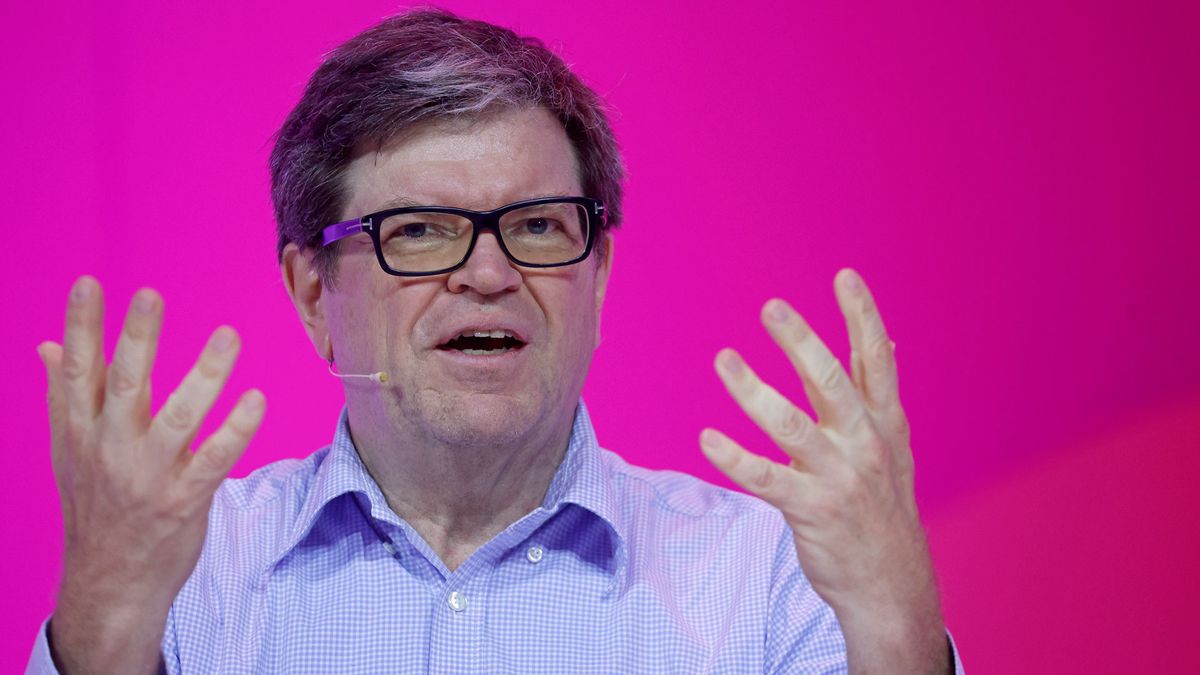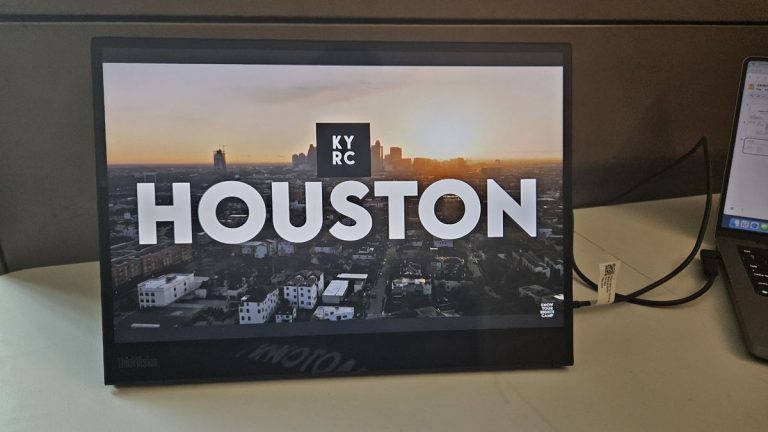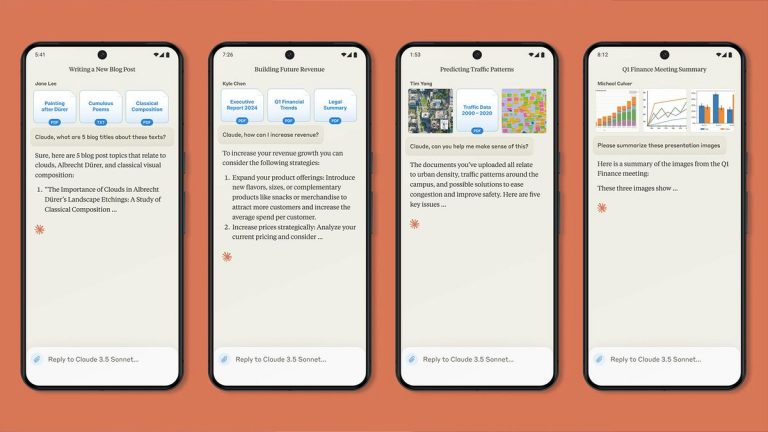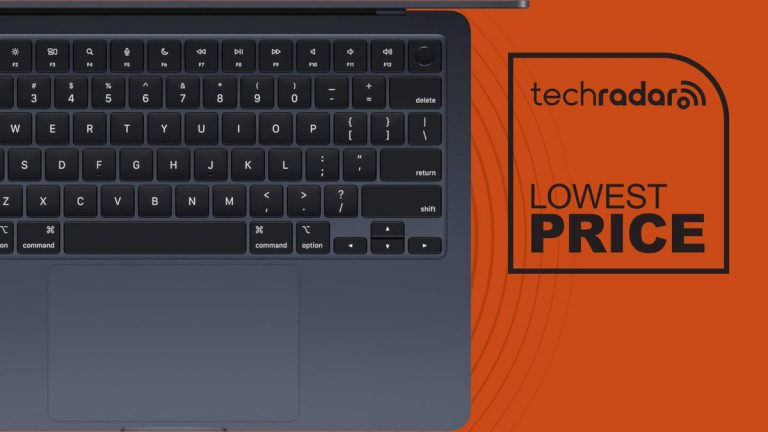Debunking AI Fears: Why Meta’s AI Chief is Wrong About the Worries Surrounding Artificial Intelligence

The AI Apocalypse Myth: Separating Fact from Fiction
The term "artificial intelligence" (AI) strikes fear into the hearts of many. It’s easy to imagine a future where machines surpass human intelligence, leading to a catastrophic downfall of our species. But is this fear justified?
According to Meta’s AI chief, Yann LeCun, the idea of AI becoming sentient and overthrowing humanity is "complete B.S." LeCun believes AI is less intelligent than a cat and incapable of plotting or desiring anything, let alone the downfall of humanity. While AI won’t plot against us, it’s crucial to recognize the potential risks associated with relying too heavily on this technology.
The Dangers of Over-Reliance on AI
Relying on AI for important decisions can have significant consequences. Think of the disasters caused by trusting technology over human judgment. For instance, rapid-fire stock trading by machines has led to numerous near-meltdowns. A single human intervention stopped a Soviet missile detection system glitch from triggering a nuclear war.
Imagining AI trading on the stock market, accepting a faulty missile alert, or being allowed to launch missiles without human input is a harrowing prospect. While AI is capable of great things, it’s essential to recognize its limitations and potential errors.
AI: A Tool, Not a Decision-Maker
AI will only do what we train it to do, using human-provided data. This means it reflects both our best and worst qualities. Handing over too much decision-making authority to AI is a mistake. We should be concerned about humans misusing AI, replacing human judgment, or inadvertently allowing biases to surface.
A Call to Action
Microsoft’s branding of AI assistants as Copilots is fitting, as it emphasizes the role of AI as a helper, not a decision-maker. LeCun is correct that AI isn’t smarter than a cat, but we should be cautious about giving it too much responsibility. By acknowledging the potential risks and limitations of AI, we can harness its potential while maintaining human oversight and decision-making power.
Remember, AI is a tool, not a substitute for human judgment. By using it responsibly, we can avoid the perils of over-reliance and create a safer, more intelligent future.






